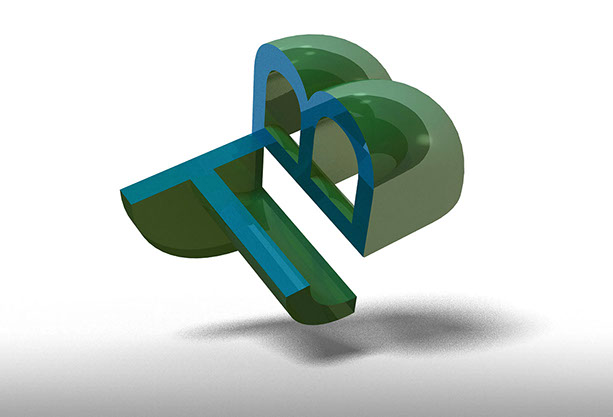The Time Browser Project
The Time Browser Project enlivens our record of the past, turning it into an immersive, flexible, interactive experience – saving us from being overwhelmed by an ever-increasing complex pile of dissociated data – and as a result giving us a more direct and compelling connection to our entire history of past events, giving us a deeper grounding foundation to sculpt a better future.
With the Time Browser, the past does not fade, but becomes increasingly clear, as we develop ever more powerful ways to record the present and interact with the resulting record.

Specific Goals
• Record Events With Real-World Time-Code which correspond to real-world time, not just counting inside the document.
• Annotate The Recordings including transcription and comprehensive tagging, both automatically and manually.
• Provide Powerful & Flexible Ways to Interact With The Resulting Timeline
Time
Information has by definition a myriad potential dimensions, along topics, tags, attributes – whatever we might refer to the information landscape ‘waypoints’ by. Taking the inspiration of GPS, which has provided a more precise navigable landscape for information to enhance our lives, with the Time Browser we take ‘time’ as the defining landscape, where records come together in a real-world timeline (not just a time-code for each separate piece of record which does not relate directly to the real-world timeline) and allow users to interact with this data.
The Current State of the Art
Today we cannot even move to a specific time (say 2:30 on Monday the 11th) in a recording since the recording ‘document’ does not have a real-world timecode internally. This will be a prerequisite for much of the interactions we see in sci-fi movies where the hero goes through time and documents in interactive, cool ways.
The Immediate Capability Improvement
Thus far we seem to be worse off than before – for we can enormously extend the record; yet even in its present bulk we can hardly consult it
This was true in 1945 and it is true today: It is easier to create information than to consult it.
The Time Browser aims to make this vast amounts of information usefully accessible, by making the information more ‘interact-able’, starting with how it is recorded/captured. By making sure the information ‘maps’ to the real-world timeline, and by ensuring speech is turned into searchable text and by adding meta-information, the stored information becomes powerfully interactive.
“What did Emily say about London in our last meeting” is a reasonably clear, and reasonably useful start. Asking the system to display all references Emily has made to London becomes possible, as is seeing what they were made in response to and what responses they got.
Initial Capabilities | Initial Interaction
Implementation
The implementation of the Time Browser is being shaped and will change as we implement and test:
Future Capability Improvements
The future opportunities are truly exciting:
Doug Engelbart
The project builds on the work of Doug Engelbart, who was our friend, mentor and great inspiration. Doug Engelbart invented much of the personal computer environment as we know it today, and he did it with (as he would call it), the ‘naive’ goal of augmenting our ability to solve urgent, complex problems collectively. His system was called NLS (OnLine System) and an important component was the Journal, of which this project is greatly inspired.
By ‘augmenting human intellect’ we mean increasing the capability of a man to approach a complex problem situation, to gain comprehension to suit his particular needs, and to derive solutions to problems.
Douglas Engelbart 1962
We aim to launch the Time Browser project on the 9th of December 2018, on the 50th anniversary of Doug's ‘Mother of all Demos’.
Request for Collaboration
The project is open source and built on open standards, which will be evolved in concert with the industry and academia. We invite you to join us.
Help us by commenting on the Knight News Challenge!!!
We have a weekly chat 4pm UK time every Sunday: Weekly Google Hangout
You can read about who we are on the Team Page.